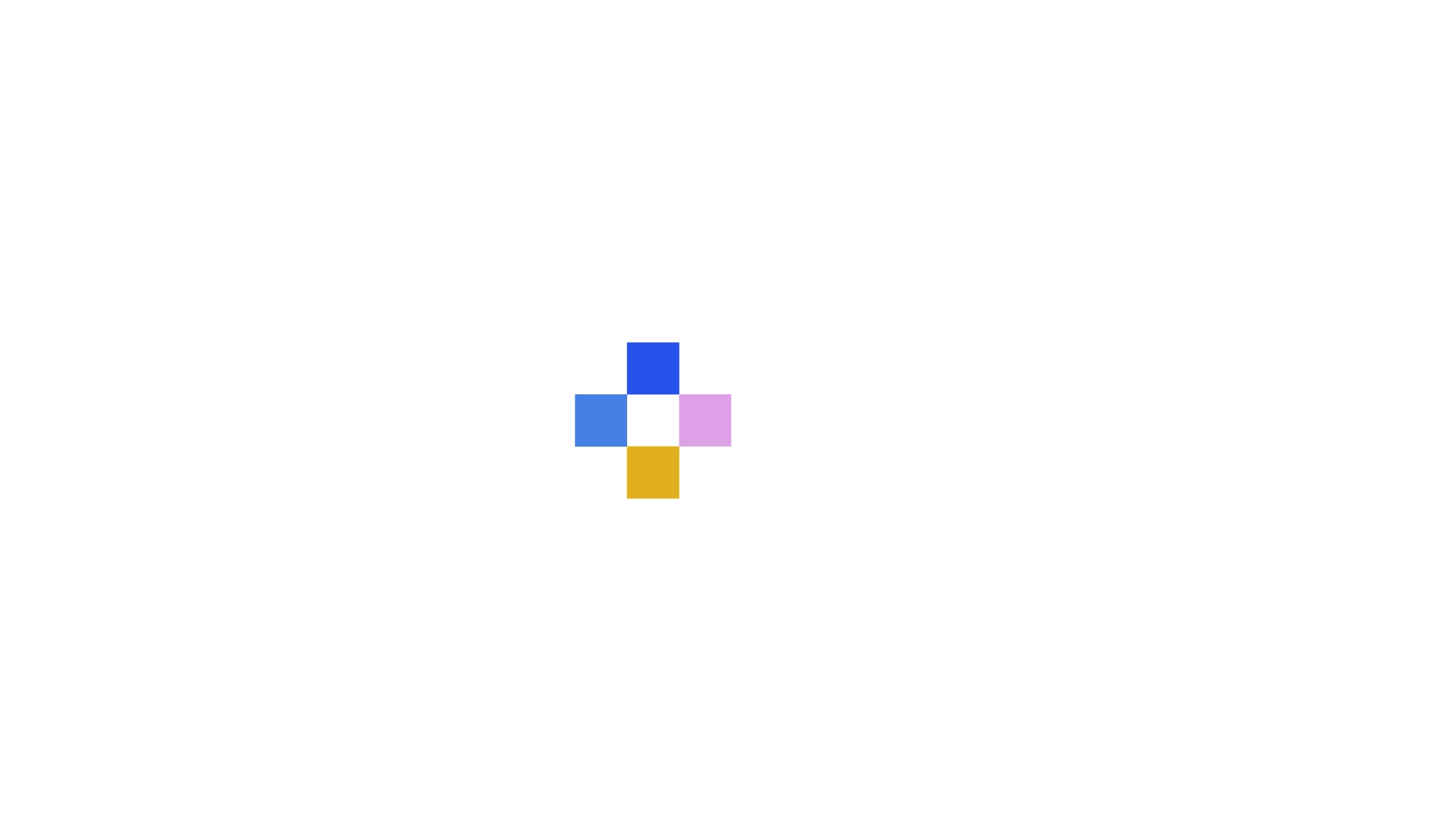
Torv, Product Design
torv [ tɒˀw ] noun, dansk. A city square, market, plaza
For this project, we went through the process of product design, from problem discovery to high-fidelity prototypes. We interviewed, sketched, tested, and designed apps around the topic of our choosing. For my topic, I explored how we can create a sense of community in a city environment, where our repeated interaction with others is limited.
The goal was to evoke a sense of community. There was a lot of inspiration from old village square and community houses. Places where people used to meet to connect, that don’t exist as much anymore.
The village square idea came out of the image of a town crier. Having one place where you go to hear the local news and get involved in your community.
School
Parsons School of Design
Program
MPS Communication Design
Course
Major Studio 1
Year
2025
Problem
People struggle to meet others within their community or to get involved locally.
Research Questions
How do people interact with their community?
How do people define community?
How are people making lasting relationships?
Problem Discovery
The Problem, Competitive Analysis, Research Plan, Research Questions, & Synthesis
Interview Questions
Do you feel like you have a lot in common with your current friends?
When was the last time you met a friend outside of work or school?
Have you ever met a friend through an app?
User Interviews
I conducted a series of interviews to discover how people build lasting community
-

Rice
26, New Yorker
“I would rather use an app than a website when looking for community.”
Insight
People need a convenient way to find out what is happening in their community.
-

Emma
24, New Yorker
“And then, because it's the summer, and no one's working, and you’re 16, you see them every day.
Insight
People need consistency in order to establish friendships.
-

Vee
21, New Yorker
“Privacy and safety. How are you so sure that this person is not a certain person? Everything they are sharing is accurate? I would want a screening process for every member of the app.”
Insight
People need familiarity when meeting new people to feel safe.
-

Amely
24, New Yorker
“I don’t know if community and knowing people are the same.”
Insight
Community is not just about knowing people.
Ideation
HMWs, Sketching, Mapping, and Low-fi Wireframes
From my insights, I started to gather “ How Might We” questions in order to start sketching.
After the sketching phase, I build a system map and wireframes.
-

Sketch #1
How Might We?
Make users feel safe and familiar while meeting new people online?
Idea
Find people based on events, which creates a group chat.
-

Sketch #2
How Might We?
Foster a sense of community through a digital platform so people participate in their environment?
Idea
Create a game to make this experience more fun (bond with people through games and build your algorithm to find people and events).
-

Sketch #3
How Might We?
Match people based on values and background instead of interests?
Idea
Create a quiz that makes you describe one of your friendships.
-

Sketch #4
How Might We?
Create a natural feeling when people are meeting online?
Idea
Create profile that shows off people’s personalities
(similar to decorating a locker).
-

System Map
Creating a Flow
Figuring out how the user will register and use the app.
-

Wireframes
Understanding the Structure
Building the skeleton of the app.
Testing
Wireframes, Prototypes, Research, Synthesis, & Revisions
During this phase, I began to build a wireframe to test. Once I had that, I started to test and gather insights through synthesis.
From there, I began to refine my wireframe and start adding more fidelity to the project.
Version
1- First Wireframe
Changes
Allow this to feel more like a bulletin board. Instead of just events, users can post anything happening in the area.
Version
2- Second Wireframe
Changes
This feels too cluttered. I started going through the process of what information is really needed here, and what can be removed.
Version
3 / Higher Fidelity
Changes
This started to feel more in line with the final branding but it didn’t quite feel right.
Once the wireframes were complete, I started establishing the branding. Once that was complete, I applied the system to my wireframes.
I build a component library for the project and a style guide, and then finished the prototype. From there, I did more testing and made further refinements.
High-Fidelity
Lean Branding, Hi-fi prototypes, & Testing
Logo Variations
I went though several rounds of name and logo variations.
Final Branding
I finally established a color palette and logo that aligned with my brand identity.






